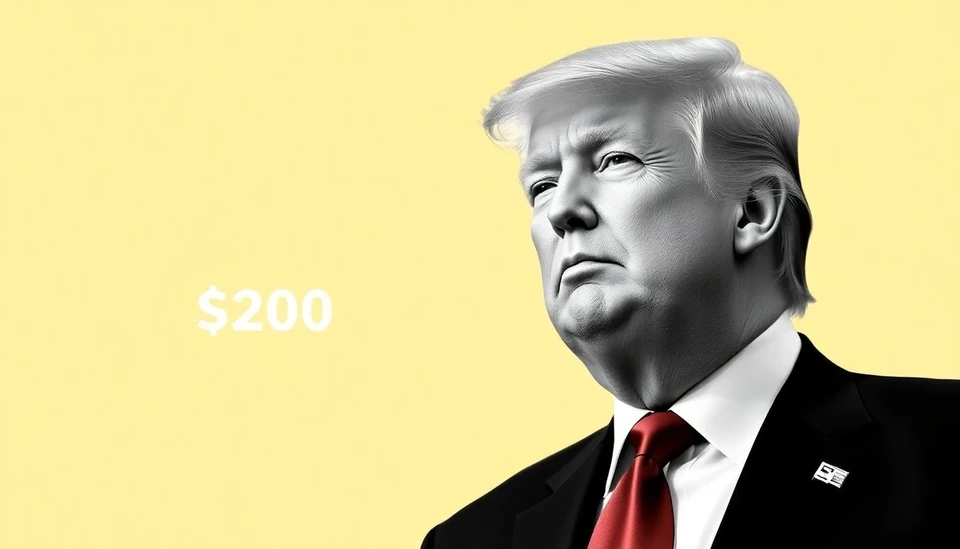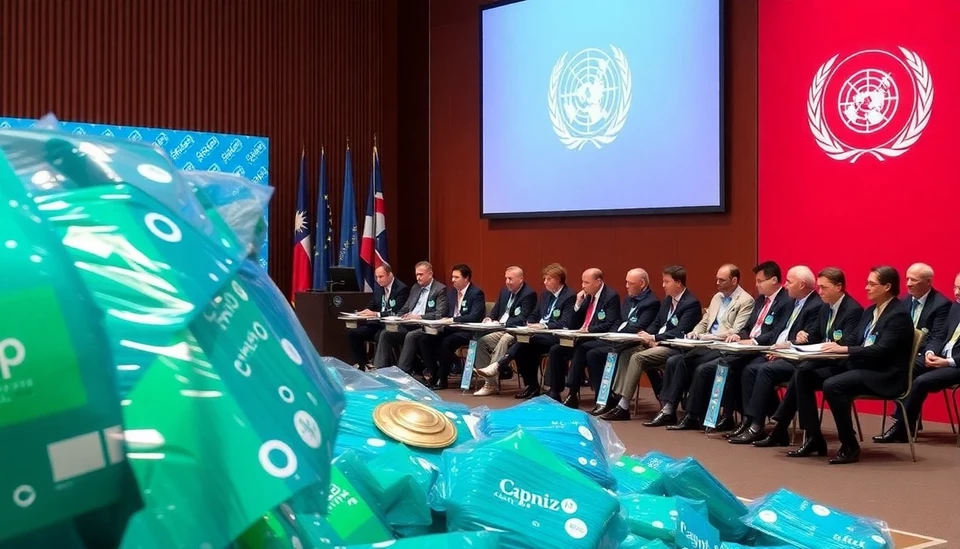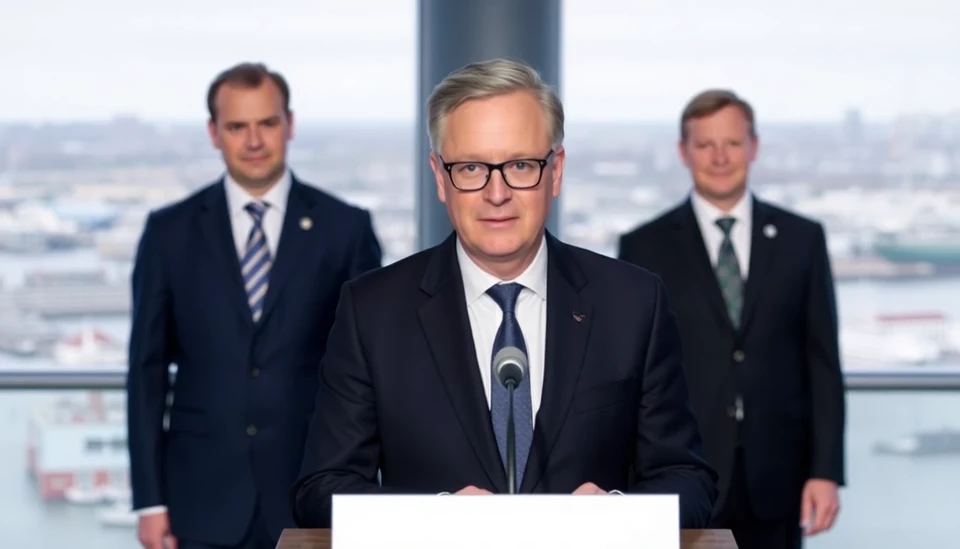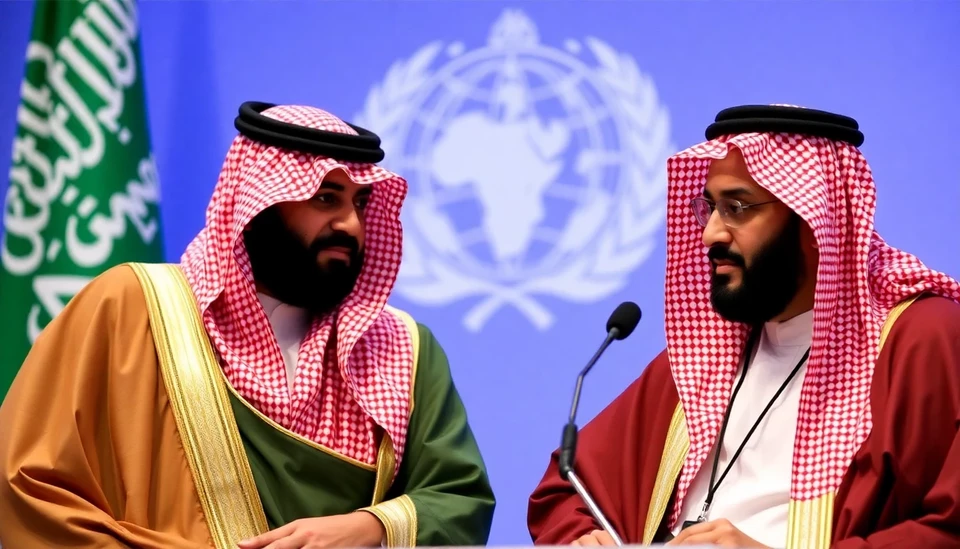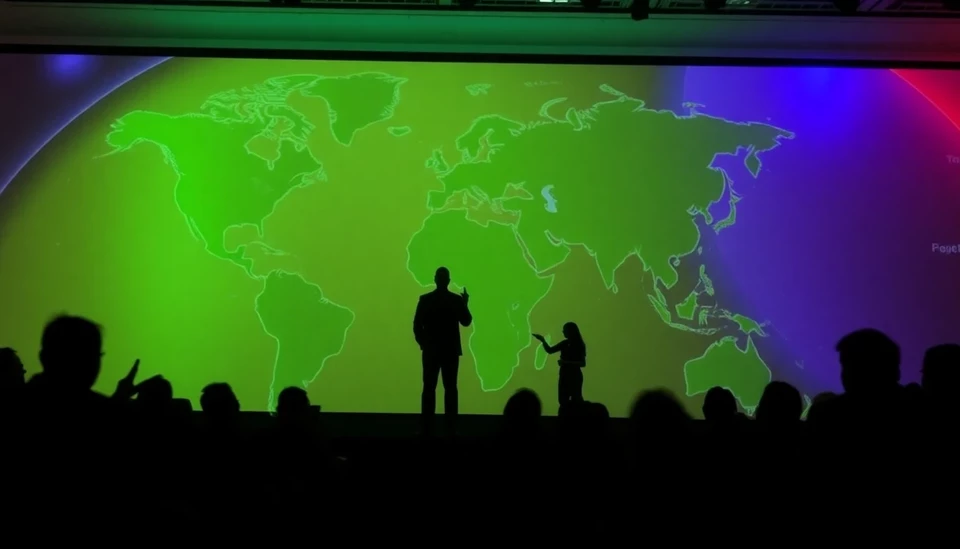
The COP29 climate summit is entering its final days, and discussions are intensifying as nations remain significantly divided over climate financing. Delegates from around the globe have gathered to negotiate crucial measures to combat climate change, yet the gap between wealthier nations and developing countries is widening, particularly when it comes to the funding needed for climate adaptation and mitigation efforts.
As the clock ticks down, issues surrounding climate finance have taken center stage, with many countries voicing their frustrations over the pace and scale of funding provisions. Developing nations have called for more robust commitments from wealthier nations that have historically contributed the most to greenhouse gas emissions. They argue that they need increased financial support to implement the necessary changes needed to combat the severe impacts of climate change.
This year, discussions at COP29 have been heavily influenced by the ongoing effects of climate change, which have led to severe weather events, rising sea levels, and devastating consequences for biodiversity and human health. The disparity in resources available to different countries has resurfaced as a major impediment to achieving global climate goals established in previous agreements.
While wealthier nations, including the G7 group, have announced intentions to increase their contributions to climate finance, developing countries assert that these pledges still fall short of what is required. A significant rallying cry among these nations is the demand for a clear roadmap and binding commitments that ensure promised funds are delivered in a timely manner.
Negotiators at COP29 are trying to bridge this chasm, but the atmosphere remains tense. Countries are grappling not only with financial logistics but also with large-scale systemic changes that need to be integrated into their national policies. The road to consensus is fraught with challenges; the complexity of global economics and political considerations further complicate negotiations.
Amid this uncertainty, a coalition of countries is advocating for a comprehensive financial framework that encompasses various funding sources, such as public and private investments, and innovative financing mechanisms. There is a growing sentiment that climate financing must not solely rely on governmental contributions, but instead harness the power of private sector investments in sustainable initiatives.
As the summit progresses, many are watching keenly for any signs of compromise that could lead to a unified commitment. The urgency of the climate crisis has been underscored by recent reports detailing alarming increases in global temperatures, reinforcing the need for immediate action and robust international collaboration.
Negotiators are now racing against the clock to finalize agreements that could provide a pathway toward sustainable finance solutions, which are crucial for fostering a resilient future in the face of climate change.
In this high-stakes environment, the coming days will be pivotal for shaping the global response to climate change, which hinges on the ability of nations to unify their ambitions and resources for a sustainable planet.
As delegates prepare for crucial discussions, all eyes are on COP29 to see if a breakthrough can be achieved in addressing the financial mechanisms needed to empower developing nations and expedite global climate action.
With so much on the line, the world awaits the outcome of this critical summit, hoping for a resolute commitment from all countries to tackle one of the most pressing challenges of our time.
#COP29 #ClimateFinance #ClimateAction #Sustainability #GlobalSummit #ClimateChange #InternationalCoordination
Author: Sophie Bennett
